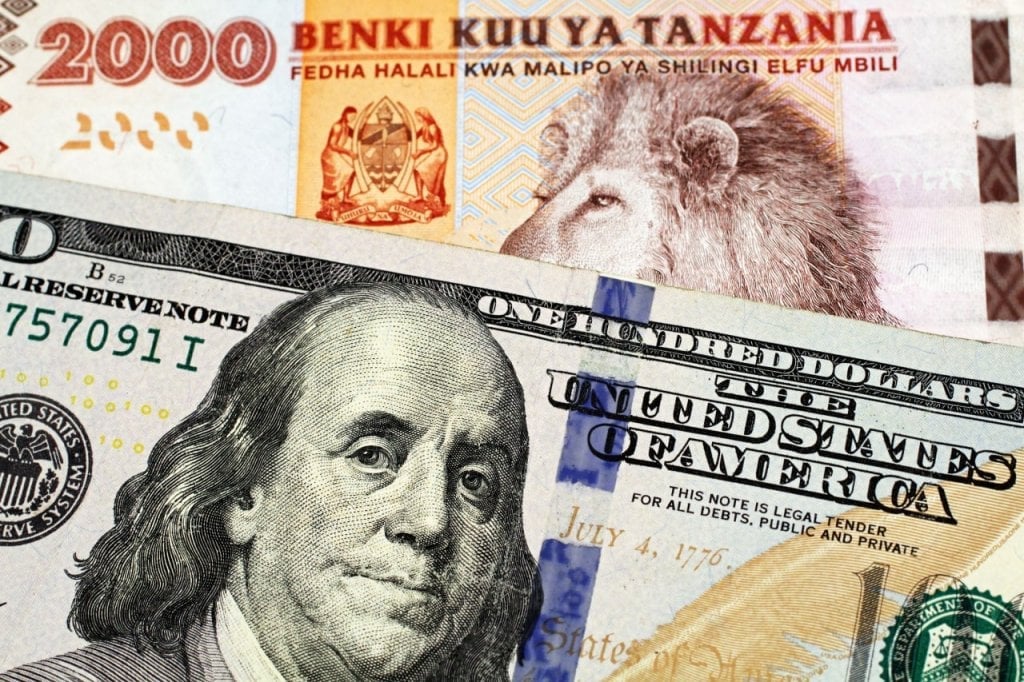Can Foreign Currency Crunch be a Blessing in Disguise?
Conventional wisdom guides us to believe that the lack of foreign currency is a bad omen, meaning we are importing more than we are exporting. Still, the Nigerian example points to a different story. The lack of foreign currency motivates us to be creative and take a second look at optimizing the local inputs. Input substitution compensates for the lack of foreign currency.
This article focuses on how multinational corporations in Nigeria are turning their attention to local inputs to replace imports as the local currency takes a tumble and the US dollar is nowhere to be grabbed. The Nigerian experience is mirrored in our own sorry situation.
The new administration of Nigerian President Bola Tinubu liberalized foreign exchange mechanisms to let the market determine the true exchange rate. The move was supposed to make it easier for businesses to operate in the country. However, many companies are still struggling to obtain dollars from the central bank to pay for imports or transfer local profits into hard currency.
The local currency, the Naira, has nosedived by 70%, and inflation is staggering, with an acute dollar shortage chasing away potential international investors. However, some conglomerates have stayed put, replacing imports with local products and generating jobs for the locals while cushioning themselves from the ill effects of a shortage of dollars.
Read Related: Tanzania’s Ban on Local Dollar Payments Amidst Currency Shortages
Over the last 15 years, the Nigerian economy has solely depended upon oil to generate almost 90% of foreign earnings. With oil output suffering from a myriad of factors, the dollar’s availability has suffered, creating formidable challenges for ordering imports needed to run local factories.
Some Western companies, such as Walmart, have left Nigeria, but others, such as Unilever, are now making toothpaste ingredients from a local root vegetable. Diageo has dropped Johnnie Walker for a nonalcoholic drink infused with vitamins. Nestlé also works with local suppliers to source ingredients for its stock cubes.
Nigeria’s population is projected to reach 400 million by 2050, making it the third-largest populated country in the world after India and China. The ever-rising Nigerian population is a mouth-watering proposition to investors, but no sooner do they pitch a tent there than they find that it is not an easy place to run a business, with the dollar crunch constraining their ability to order imports needed to produce products.
However, local inputs that investors would have never considered are now being used to replace imports that otherwise would widen the trade imbalance and push the country into more external debts to prop up the local currency, the Naira.
In Tanzania, you will not be surprised to see that after the privatization of Tanzania Breweries Limited (TBL), the outsourcing of barley grew disproportionately, adding up to our woes of the ever-rising demand for the dollar.
In most supermarkets in Tanzania, you will see foodstuffs that do not need to be packed to the rim on the shelves. For example, meat products like bacon, sausage, poultry, pork, and lamb, to cite a few, including eggs, are South African imports. While our farmers are struggling to find markets to sell their produce, supermarkets are solving the market needs of foreign countries.
Fisheries, too, are not surprised to see imports have replaced our fish. The question that comes to mind is how supermarkets finance those imports unless the BoT permits them to import them. While it is unreasonable to enact laws to buy local farm produce, limiting access to foreign exchange to encourage local input substitution is smart.
Some local products are not top-notch and quality-conscious; retailers may have genuine reasons not to place them on their shelves. Such local products may include fruits, vegetables, and maize. Poorly stored maize may have developed fungi or been pulped with weevils. Fruits tend to be pre-harvested and fermented to fast-track ripening, resulting in questionable quality. Retailers may want nothing to do with such local input substitution.
Where there is bureaucratic inertia to push for import substitution, then dollar deficiencies in the local market may be a boon in disguise. Investors will have two choices: either to be creative or walk away. As Nigeria Unilever has shown, a long-term view demands innovation and creativity, which means paying attention to what the local opportunities can offer to cushion their business against the challenges of insufficient foreign currency. In such situations, the unavailability of the dollar is a blessing in disguise.


I enjoy reading your works